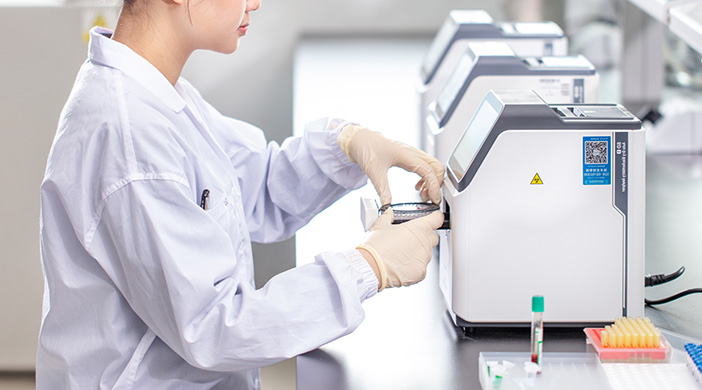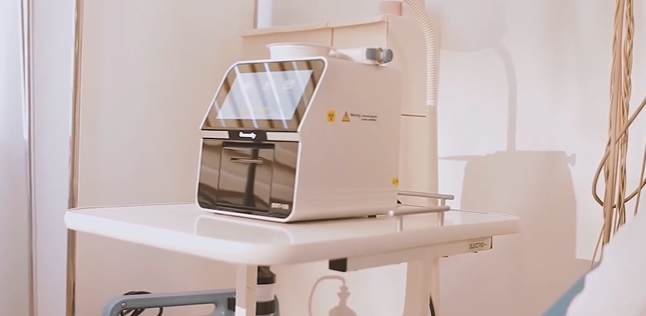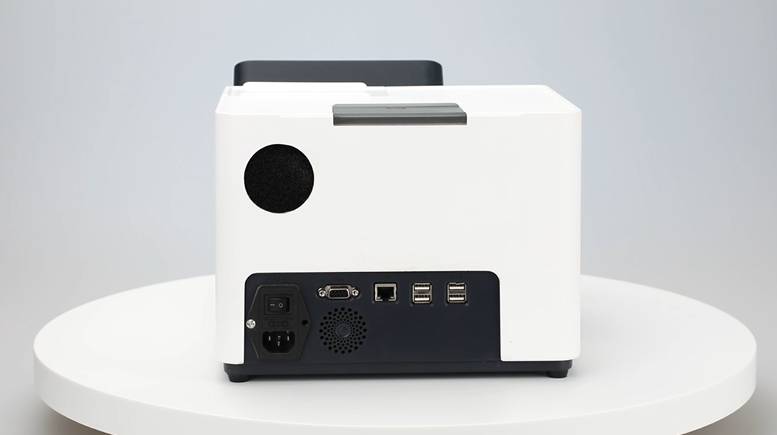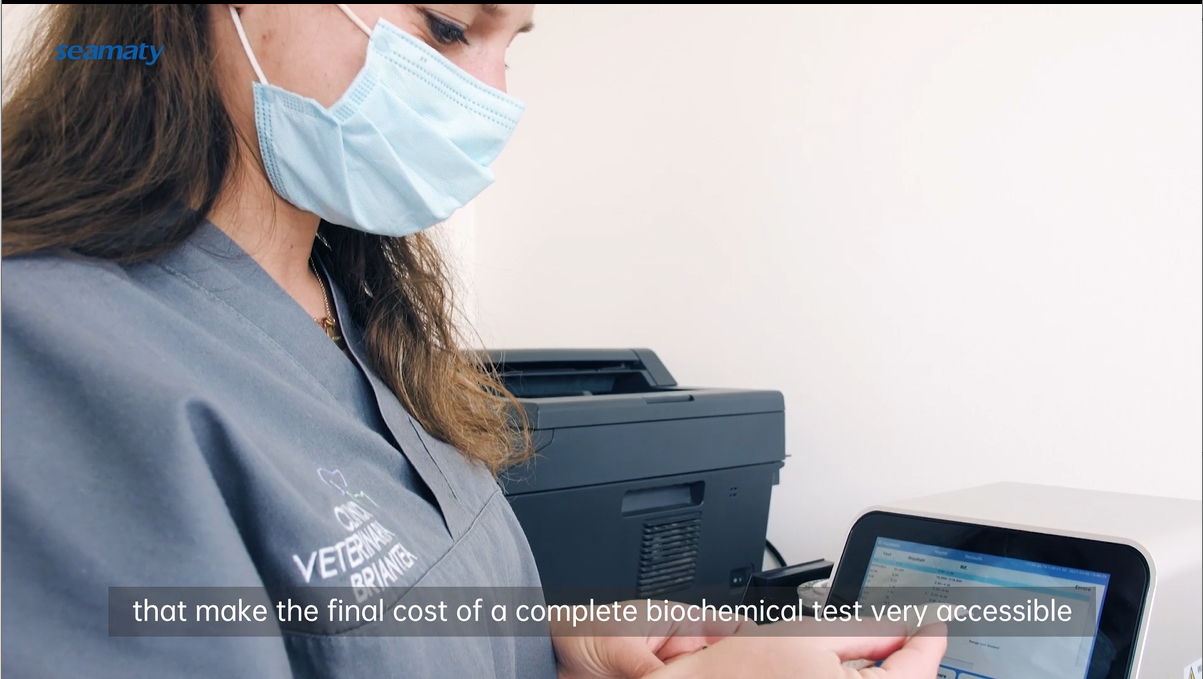release time:2021-10-08 15:49:02
The good or bad service directly affects the future use, there is no equipment in the world that does not break down. If the biochemical machine is out of order, poor maintenance or after-sales service will bring you a lot of unnecessary trouble. You should know a lot of details when you buy the instrument. For example, what services are provided by medical equipment manufacturers? What are the charges? Which are free? The most important thing is to see if the long-term service can be guaranteed.


2022-06-16
Many of the test doctors who have just entered the workplace will not review the biochemical test results. The following are a few biochemical test report card review of the common problems.

2021-08-20
Advanced immunoassay analyzers require proper maintenance. Daily maintenance, weekly maintenance and regular system testing are the prerequisites to ensure the normal operation of the instrument. The maintenance of automatic chemiluminescence immunoassay analyzer includes the following aspects.

2021-08-04
"I'm glad we found the SMT-120VP fully automated veterinary biochemistry analyzer. We think it is the ideal testing tool to assist veterinarians with clinical testing, whether in a small animal practice or a larger veterinary hospital, and it is extremely easy to use, does not require specialized personnel, and can be operated by everyone on the lab team."